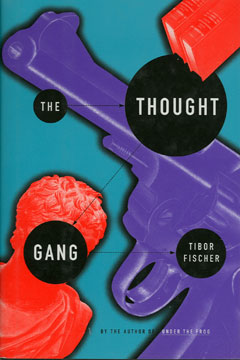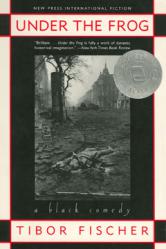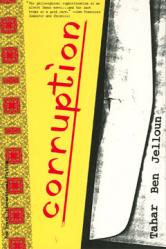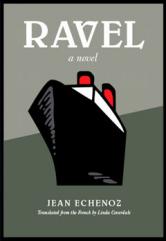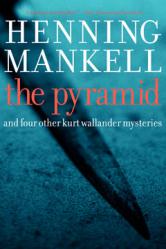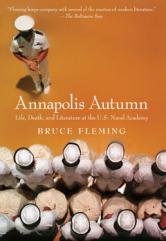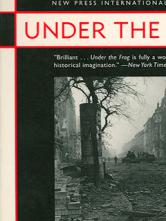The Thought Gang
“A cult novel for the 1990s” (The Times, London), from the Booker Prize finalist
“Laugh-out-loud funny.” —San Francisco Chronicle
Tibor Fischer’s first novel Under the Frog was one of the most widely praised books in England in 1993. That book followed the fortunes of two young men in the pursuit of sex and the avoidance of work as part of a traveling basketball team in the Hungary of the 1950s, and everyone from Salman Rushdie to A.S. Byatt responded with unbridled enthusiasm.
Now comes his eagerly awaited follow-up, another hilarious chronicle of an unusual dynamic duo—this time chasing after something quite different—and the London papers are even more enthusiastic. The Thought Gang is an unabashedly comic novel of ideas and uncertainty. It is a philosophical novel (or perhaps just a novel about a philosopher). It is also an unusually cinematic novel. As the Sunday Telegraph said, “There are novels which are crying out so loudly to be made into films that you cannot read them without a cinematic version taking shape in your mind, frame by frame, as you turn the pages. Tibor Fischer&rsquos The Thought Gangis one of them.” Perhaps it could best be described as Quentin Tarantino’s Pulp Fiction crossed with Woody Allen’s classic comedy Love and Death.
The setting is France; our hero, a washed-up middle-aged British philosopher named Eddie Coffin. Broke and unsure as to his next meal, he meets Hubert, an incompetent, freshly released, one-armed robber, and the “thought gang” is born. Applying philosophy to larceny, these unlikely bandits question the meaning of life, the value of money, and the role of banks as they wind their way from Montpellier to Toulon in search of the greatest heist in history. Unexpected and volatile, The Thought Gang is the hilarious and thought-provoking story of their travails.

